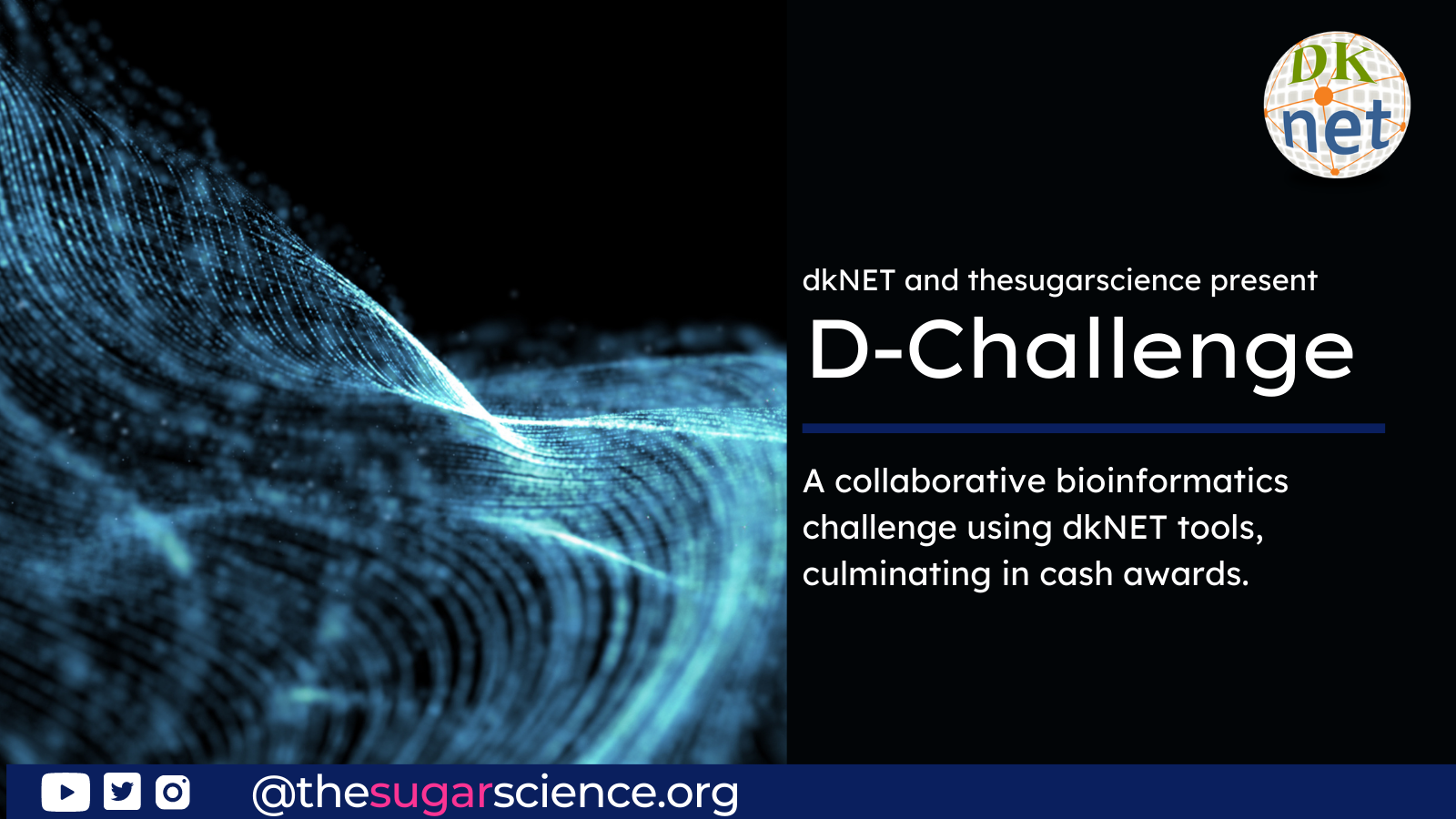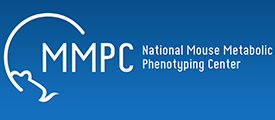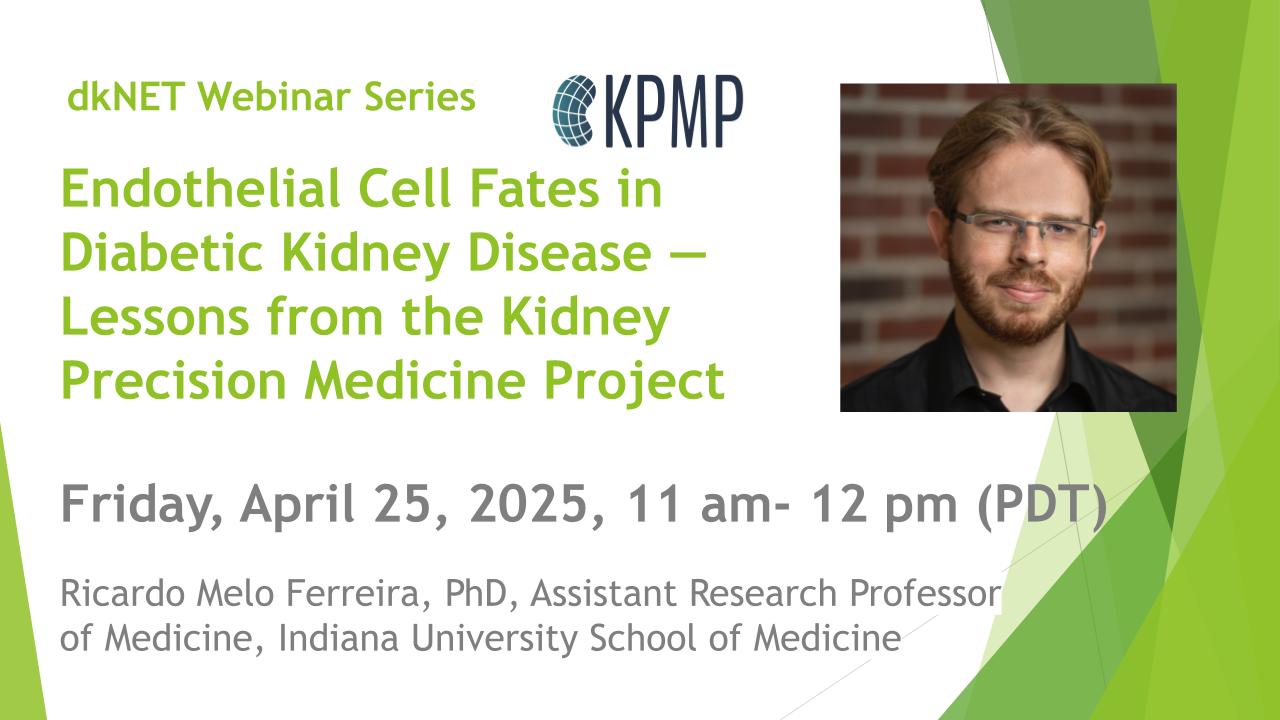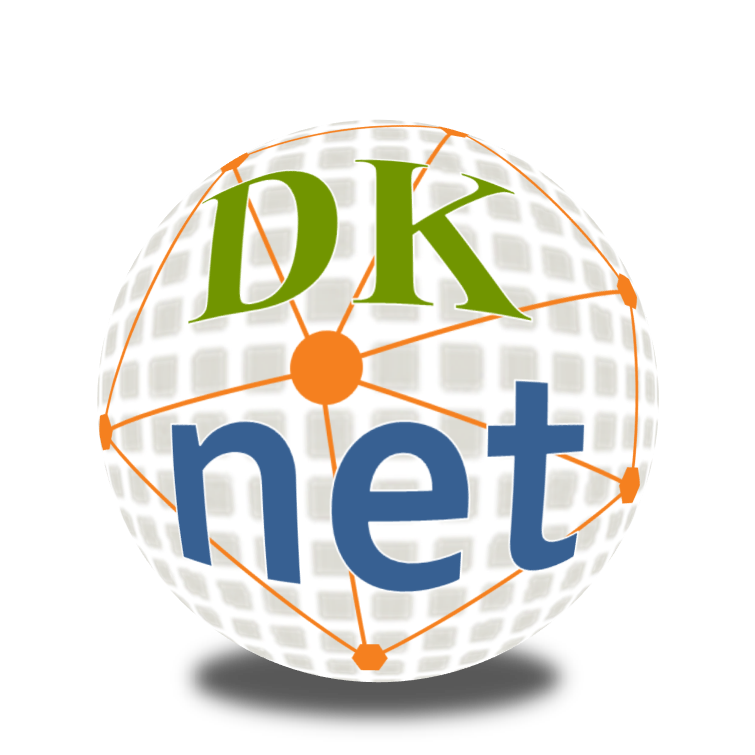Leaving Community
Are you sure you want to leave this community? Leaving the community will revoke any permissions you have been granted in this community.
Join the D-Challenge - A Bioinformatics Challenge Focused on Type 1 Diabetes!
Here is the information from the dkNET Academy:
"

Dec. 13, 2021: Check out the 2021 D-CHALLENGE WINNERS
What is the D-Challenge?
Type 1 Diabetes is a multifactorial disease that is studied by many scientific disciplines. thesugarscience, is partnering with dkNET (the NIDDK Information Network) to bring the full power of on-line digital resources to the challenge of Type 1 Diabetes. We are inviting you to participate in the D-Challenge, a bio-informatics competition where the winners will claim up to $20,000 in cash prizes to be used to further their research.
The D-Challenge is a community research challenge designed to increase awareness and use of the rich ecosystem of on-line tools and data findable through dkNET to develop a compelling hypothesis about the biology, treatment, or sequelae of Type 1 Diabetes. It is open to participants of all skill levels, from students to skilled bioinformaticians and data scientists.
The goal in this challenge is to bring investigators across disciplines to apply their skills and passion to the problem of T1D: its biology, treatment and sequelae, through the use of a rich interconnected ecosystem of data tools and resources. The extensive resources and tools hosted through dkNET provide the opportunity to catalyze searches for novel pathways implicated in disease pathophysiology and / or identify new therapeutic targets. As a partner in the D-Challenge, dkNET provides access to these resources and tools in an easily available setting, fostering discovery by the broad community of investigators focused on T1D.
Entries will be judged on the creative use of public tools, data, and knowledge resources to develop a compelling hypothesis regarding the biology, treatment, or sequelae of T1D. Participants are expected to use multiple on-line tools and platforms and to develop a plan as to how the hypothesis could be tested. The challenge focuses on in-silico development and testing and will not involve a wet lab component. Participants will be organized into different tracts, depending on the amount of bioinformatics experience they have, to ensure that the competition is open to all who are interested in learning about the rich ecosystem of online tools.
Enter as a team or an individual to compete for cash awards by September 30, 2021!
Discover T1D Research Resources through dkNET
 Discovery Portal: Discover T1D data and resources across +200 biomedical databases
Discovery Portal: Discover T1D data and resources across +200 biomedical databases
Partners and Resources
As part of the D-Challenge, a number of partners have provided some starting materials and tutorials to help jump start hypothesis development. We thank our partners:
- The Signaling Pathways Project (SPP) SPP is a multi-omics knowledgemine based upon public, manually curated transcriptomic and cistromic (ChIP-Seq) datasets involving genetic and small molecule manipulations of cellular receptors, enzymes and transcription factors. Our goal is to create a resource where scientists can routinely generate research hypotheses or validate bench relevant to cellular signaling pathways. SPP offers challenge participants “consensome” that looks across multiple public transcriptomic datasets to make robust predictions about signaling pathways that are up- or down-regulated in type 1 diabetes (T1D). Learn how to use SPP by exploring these tutorials at the dkNET Hypothesis Center.
- HIRN (Human Islet Research Network) Human Islet Research Network (HIRN) is a network to conduct innovative and collaborative research investigating the loss of human beta cells in type 1 diabetes (T1D), and to identify pioneering strategies to protect and replace functional beta-cell mass. HIRN Resource Browser is a collection of T1D research resources including T1D datasets submitted by HIRN investigators and curators. Watch this video to learn how to access HIRN-related resources for a bioinformatics project.
- The T1D Knowledge Portal T1DKP integrates and visualizes genetic and genomic data relevant to T1D and its complications in order to spark insights into the molecular bases of disease risk and progression. The T1DKP aggregates three types of data: genetic associations, epigenomic annotations, and results from bioinformatic methods. Genetic association data are obtained from all available studies and consortia, including the Type 1 Diabetes Genetics Consortium (T1DGC), The Environmental Determinants of Diabetes in the Young (TEDDY), the TrialNet Pathway to Prevention, and the JDRF Diabetic Nephropathy Collaborative Research Initiative. The T1DKP resource provides challenge participants access to integrated and distilled genome-wide data, allowing researchers to explore genomic regions that are linked to T1D risk and to generate hypotheses about causal genes and pathways.
- Appyters The Gene Centric GEO Reverse Search Appyter, offers challenge participants an opportunity to explore ways to modulate the expression of target genes based on signatures extracted from GEO studies. By querying a human or a mouse gene, the Appyter return interactive volcano plot visualization of signatures in which the given gene is maximally up- or down-regulated. A specific , already developed for T2D, can be found in the Gene Expression T2D Signatures Appyter.
- Mouse Metabolic Phenotyping Centers (MMPC) The Mouse Metabolic Phenotyping Centers (MMPC) is a National Institutes of Diabetes and Digestive and Kidney Diseases-Sponsored resource that provides state-of-the-art technologies to investigators for a fee. Their services include characterization of mouse metabolism, blood composition (including hormones), energy balance, eating and exercise, organ function and morphology, physiology and histology. MMPC offers challenge participants data search tools that assist researchers in finding a gene list in association with phenotypes, phenotypes in association with gene-specific KO mice, or finding mouse experimental test results in association with genes, phenotypes, or MMPC test catalog.

- Protocols.io Protocols.io offers a private repository to Challenge participants with the ultimate goal of sharing work. Participants can also find relevant protocols using dkNET 's Resoruce Reports - Protocols.
- JDRF T1D Fund Coming soon!
- Diabetes Research Connection Coming soon!

For more information and participants requirements, please visit: https://info.thesugarscience.org/dknet-21-d-challenge"
Source and more information:
dkNET Academy D-Challenge webpage: https://info.thesugarscience.org/dknet-21-d-challenge





